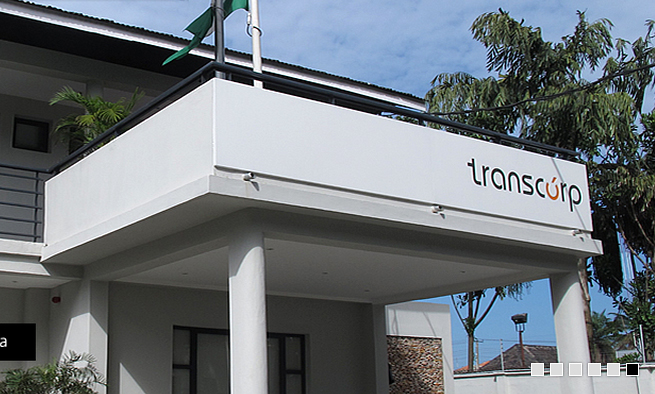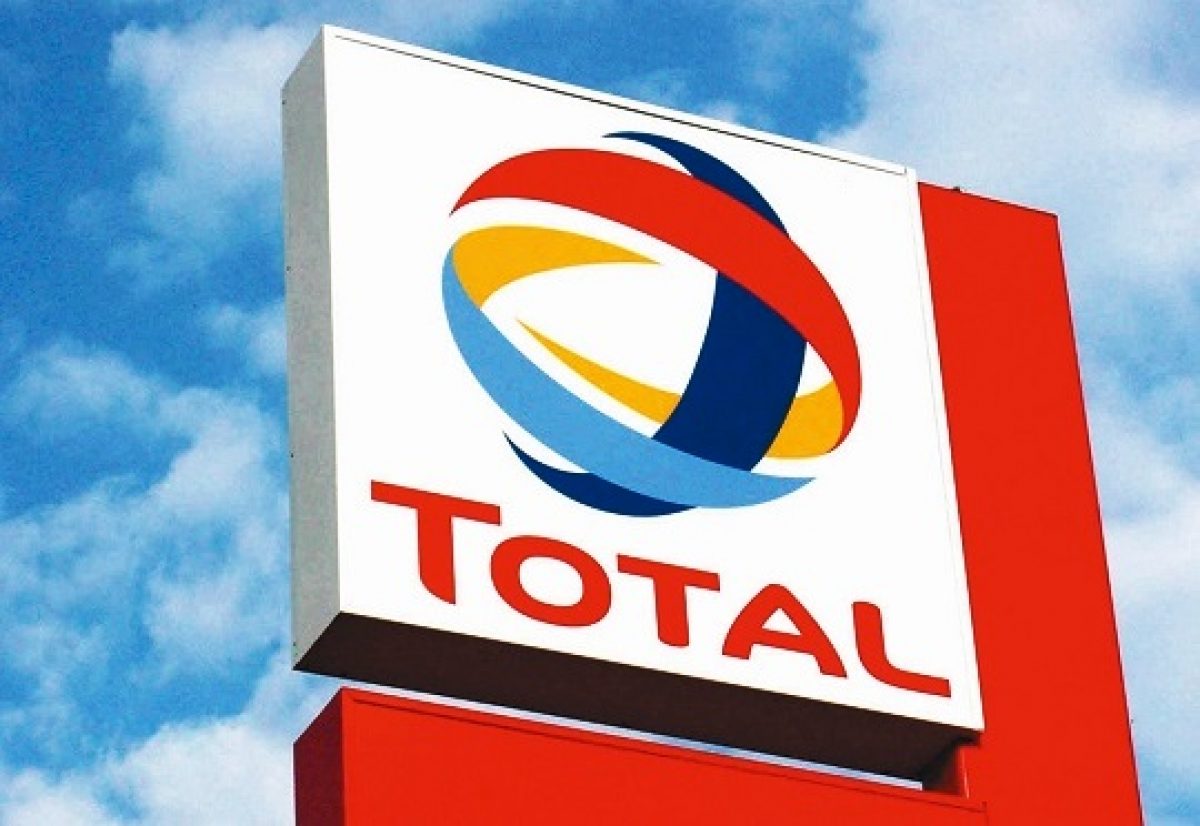Despite the impact of COVID-19 pandemic on the operations of most financial institutions across the globe, tier-1 lender, FBN Holdings Plc recorded a 5.8 percent increase in non-interest income to N52.6 billion in the first three months (Q1) of the year 2021.
Other positives from the group’s Q1 2021 result include the growing digital and agency banking operations; positive results from its asset clean-up strategy and improved capital adequacy ratio.
Gross earnings dropped by 14.4 percent year-on-year to about N137 billion for the bank in the first quarter ended March 2021. Profit dropped nearly three times ahead of revenue at 39 percent to close at N15.6 billion for the quarter.
Last year, the bank’s management succeeded in building profit from a decline in revenue through cost-cutting strategy that raised profit margin. This year so far, the cost-cutting room isn’t sufficient to defend the enhanced profit margin of last year.
Advertisement
The reason is that credit loss expenses are on the offensive this year after a marginal decline at the end of last year. Loan impairment charges jumped by 35.6 percent to N13 billion in the first quarter, changing course from a four- year declining trend.
Management had converted an increased proportion of gross earnings into profit in 2020, raising net profit margin to the highest mark in six years. The bank lost momentum in the first quarter of the current financial year with profit margin down from 15.5 percent at the end of last year to 11.4 percent at the end of the first quarter.
The first quarter outing points to a bad earnings season for FBN Holdings this year. That could halt the strong recovery processes the bank has achieved over the past five years to 2020. The problem is loss of revenue that could not be balanced against cost-saving.
Advertisement
The main weak point in revenue performance is interest income, which has been going down since 2018. The rate of drop in interest earnings has gained speed from 11 percent at the end of last year to 25 percent year-on-year to N78 billion in the first quarter. This is the highest drop in interest income for the bank in more than a decade.
A bit of strength in earnings came from non-interest income, which improved by 6 percent to N58 billion over the review period. The gains in non-interest earnings moderated the drop in interest income but were insufficient to counter fully the drop in interest income.
Net gains on sale of investment securities led the improvement in non-interest income and that is happening for the second year. The income line grew by 32 percent to the region of N18 billion at the end of the first quarter.
The drop in interest income is notwithstanding a continuing expansion of the principal earning assets. This indicates a continuing decline in the average asset yield, which is a general trend in the financial services industry for the second year.
Advertisement
The bank added N82 billion to its net credit volume over the three months of the first quarter to stand at N2.3 trillion at the end of the period. Also, it grew the investment portfolio by N236 billion to close the period at almost N1.8 trillion.
The bank’s management tried to match the decline in asset yield with a cut in average cost of funds. This is happening for the second year after cutting interest expenses to the lowest figure in four years at the end of 2020.
The cut in interest expenses accelerated in the first quarter at about 43 percent to N25.6 billion. This is about four times the drop of 12.6 percent in cost of funds at the end of last year. At the first quarter rate, interest cost could drop to the region of N100 billion the bank recorded in 2016.
As happened on the asset side of the balance sheet, the bank is growing customer deposits while keeping the cost of funds downward. It recorded a deposit inflow of roughly N200 billion in the first quarter, which raised the deposit base to over N5 trillion at the end of the period. Last year, FBN Holdings saw the strongest growth in customer deposits since 2014.
Advertisement
The drop in interest expenses against a strong growth in customer deposits led to a significant reduction in the bank’s average cost of funds in the first quarter. Yet the big cut in interest expenses was insufficient to defend net interest income – which still went down by over 12 percent to about N53 billion over the period.
The game-changing factors to watch on FBN Holdings in subsequent interims are revenue growth – whether it peaks up or weakens further, the size of cost saving from interest expenses and the ability or inability to stem loan impairment expenses.
Advertisement







